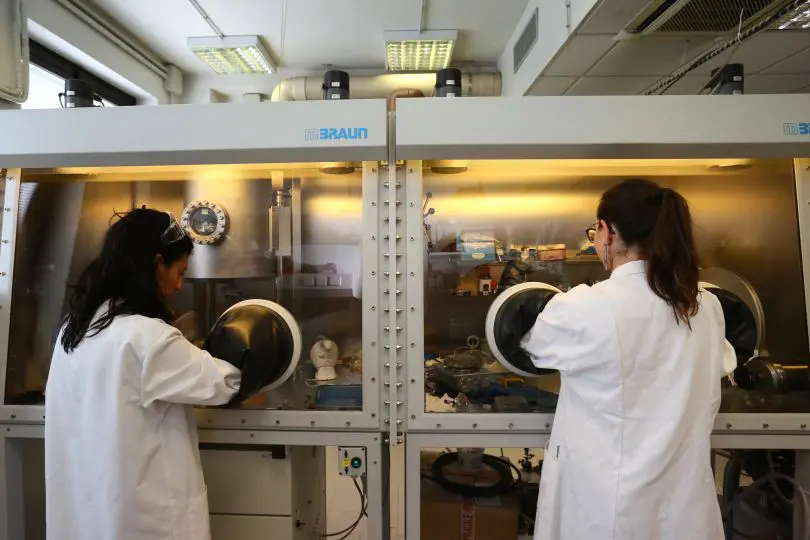ROME (ITALPRESS) – Only 26.6 percent of students in Europe are enrolled in tertiary education in technical and scientific fields. In addition, one in two companies report difficulties in finding Stem resources. The shortage of such skills is particularly acute in some strategic fields such as ICT: students enrolled in this sub-set account for only 19.5 percent of the total Stem and among them women are only 20.3 percent.This is what emerges from the report carried out by the Deloitte Foundation and Deloitte’s Public Policy Program. Engineering majors are the most chosen by EU students (53.7 percent in 2022), followed by disciplines in natural sciences, mathematics and statistics (26.7 percent). Few students in the Ict field, accounting for about 19.5 percent of the total Stem students. In this increasingly strategic field, there continue to be very few women: among female Stem students, only 12.4 percent pursue studies in the Ict field. Even in engineering, female students are only 27 percent. Natural sciences, mathematics and statistics, on the other hand, is the only area in which gender parity has been achieved with 50.3 percent female students.The role of the family remains crucial for all students, but it proves particularly significant for those who choose technical and scientific studies. Indeed, among the Stem students surveyed, 51 percent acknowledge that the role of family members was decisive in their choice, and this figure rises to 60 percent for young Stem workers. In addition to the influence of family members, younger people are also subjected to cultural biases and stereotypes that, often, turn them away from Stem study paths. Among non-Stem students, 6 in 10 have considered (or would consider in the future) pursuing Stem pathways. Among the reasons for turning away remains the widespread belief that Stem subjects are too difficult. The employed youth surveyed are aware of the major changes taking place in the world of work: more than 7 in 10 anticipate job changes over the next three years, with a higher spike for those already working in Stem fields. In addition, a greater propensity for entrepreneurship among Stem workers emerges: 18 percent of young Stem workers plan to leave their current jobs to start their own businesses. More than 1 in 2 companies surveyed report difficulty in finding Stem profiles. In particular, the profiles most sought after by large companies are in the areas of engineering (63 percent) and technology(55 percent). In addition, about 1 in 3 companies believe that finding and keeping people with technical and scientific skills is complex due to international competition. To cope with this problem, companies plan to adopt specific strategies, starting with offering more competitive salaries (59% among small companies, 65% among large ones). “Stem skills are crucial for the innovation of our companies and the growth of the European Union,” comments FabioPompei, Ceo of Deloitte Italy. “The EU needs to close the gap with the United States and China in areas such as artificial intelligence, robotics and green technologies. Reducing the gap is an achievement within the reach of EU economies, but to do this it will not be enough to increase investment in research and development: it will also be vitalto focus on a massive and continuous upgrading of Stem skills, which are a key factor in building a greener, digital and more inclusive Europe.”(ITALPRESS).-Photo: Photo Agency Photogram-

